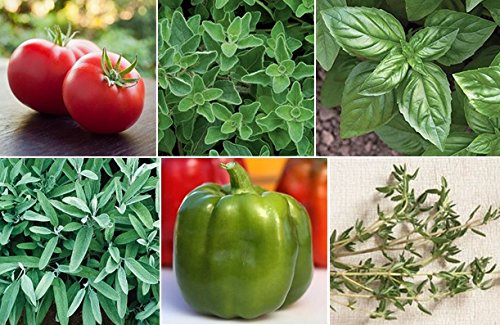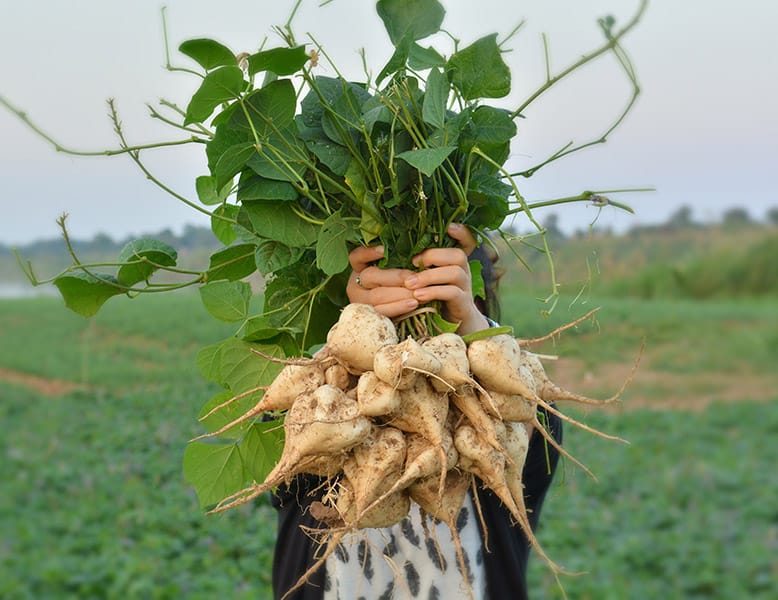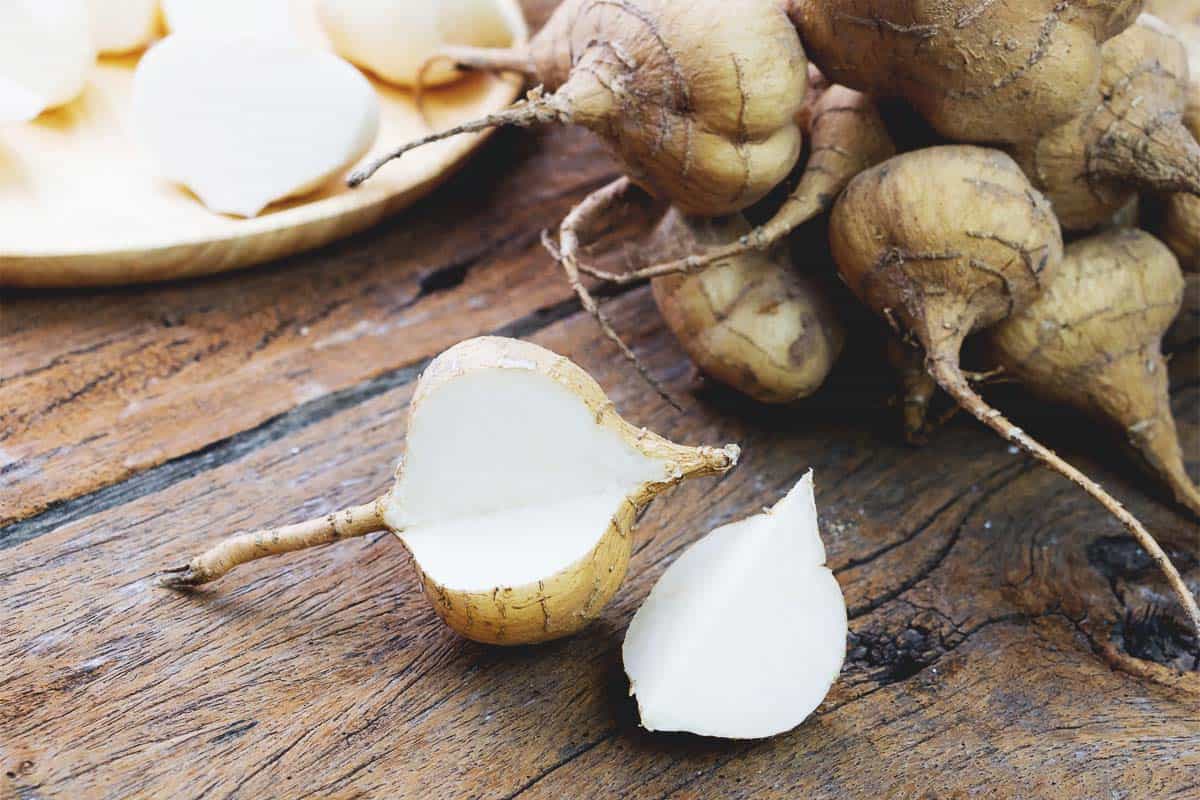The Ultimate Guide To Jicama Companion Planting
The Ultimate Guide to Jicama Companion Planting
Jicama is a delicious and versatile root vegetable that is native to Mexico and Central America. It has a crisp, slightly sweet flavor and can be eaten raw, cooked, or pickled. Jicama is also a good source of dietary fiber, vitamins, and minerals.
If you are growing jicama in your garden, companion planting can help to improve its growth and productivity. Companion planting is the practice of planting certain crops together that benefit each other. By planting jicama with the right companion plants, you can help to deter pests, improve soil health, and increase yields.
What are the Benefits of Companion Planting with Jicama?
There are many benefits to companion planting with jicama. Some of the most important benefits include:
- Deterrent pests and diseases. Some companion plants can help to deter pests and diseases that target jicama. For example, marigolds are known to repel nematodes, which can be a major problem for jicama plants.
- Improve soil health. Companion plants can help to improve soil health by adding nutrients, increasing drainage, and suppressing weeds. For example, beans are nitrogen-fixing plants, which means they can add nitrogen to the soil. This can benefit jicama plants, which require nitrogen for healthy growth.
- Increase yields. Companion plants can help to increase yields of jicama by providing shade, windbreaks, or support. For example, corn can provide shade for jicama plants, which can help to protect them from the heat.
What are the Best Companion Plants for Jicama?
There are many different companion plants that can be grown with jicama. Some of the best options include:
- Beans. As mentioned above, beans are nitrogen-fixing plants, which can benefit jicama plants. They can also help to suppress weeds.
- Corn. Corn can provide shade for jicama plants, which can help to protect them from the heat. It can also help to attract pollinators, which are essential for jicama plants to produce fruit.
- Sunflowers. Sunflowers can help to attract beneficial insects, which can help to control pests. They can also help to improve soil drainage.
- Cilantro. Cilantro can help to repel pests and diseases that target jicama. It can also help to improve the flavor of jicama.
- Ginger. Ginger can help to improve the soil structure and drainage. It can also help to suppress weeds.
How to Plant Jicama with Companion Plants
When planting jicama with companion plants, it is important to consider the size and growth habits of each plant. For example, corn is a tall plant that needs plenty of space to grow. Jicama is also a large plant, so it is important to space the plants accordingly.
It is also important to plant companion plants that have similar water and sunlight requirements. Jicama plants need full sun and well-drained soil. Most companion plants also have similar water and sunlight requirements.
Conclusion
Companion planting is a great way to improve the growth and productivity of your jicama plants. By planting jicama with the right companion plants, you can help to deter pests, improve soil health, and increase yields.
If you are new to companion planting, there are many resources available to help you get started. You can find books, websites, and even gardening apps that can teach you about the benefits of companion planting and how to choose the right companion plants for your garden.
With a little planning, you can easily incorporate companion planting into your jicama garden. With a little help from your companion plants, you can enjoy a bountiful harvest of jicama this year.
Jicama is a delicious and nutritious root vegetable that can be grown in many different climates. But did you know that there are some companion plants that can help to improve the growth and yield of your jicama plants?
Some of the best companion plants for jicama include:
- Corn: Corn can provide support for jicama vines and help to deter pests.
- Beans: Beans fix nitrogen in the soil, which can benefit jicama plants.
- Sunflowers: Sunflowers attract pollinators, which can help to improve fruit set in jicama plants.
- Ginger: Ginger can help to repel nematodes, which can damage jicama roots.
- Cilantro: Cilantro can help to deter aphids and other pests.
For more information about jicama companion planting, I recommend visiting Gardenia Inspiration. This website has a comprehensive guide to companion planting, including a section on jicama. You can also find helpful tips on how to grow jicama, as well as information on pests and diseases that can affect jicama plants.
FAQ of jicama companion planting
- What are good companion plants for jicama?
Jicama is a relatively low-maintenance plant that can be grown in a variety of companion plantings. Some good companion plants for jicama include:
* Beans: Beans fix nitrogen in the soil, which can help to improve the growth of jicama plants.
* Cabbage: Cabbage helps to repel pests that can damage jicama plants, such as cabbage loopers and cabbage moths.
* Carrots: Carrots help to deter nematodes, which can be a problem for jicama plants.
* Melons: Melons help to attract beneficial insects, such as ladybugs and parasitic wasps, which can help to control pests that can damage jicama plants.
* Peas: Peas fix nitrogen in the soil, which can help to improve the growth of jicama plants.
- What are bad companion plants for jicama?
Some bad companion plants for jicama include:
* Eggplant: Eggplant can attract pests that can damage jicama plants, such as flea beetles and hornworms.
* Potatoes: Potatoes can harbor pests and diseases that can damage jicama plants.
* Tomatoes: Tomatoes can attract pests that can damage jicama plants, such as tomato hornworms and whiteflies.
- How much space do jicama plants need?
Jicama plants need about 12 inches of space between each plant. They can also be grown in rows, with about 3 feet of space between each row.
- What kind of soil do jicama plants need?
Jicama plants prefer well-drained, sandy loam soil. The soil should be rich in organic matter and have a pH of 6.0 to 6.5.
- How much water do jicama plants need?
Jicama plants need regular watering, especially during the hot summer months. The soil should be kept moist but not soggy.
Image of jicama companion planting
5 different images of "jicama companion planting" from Pinterest:
- Image 1: This image shows a jicama plant growing next to tomatoes, peppers, and okra. These plants are all good companions for jicama because they help to repel pests and diseases.

- Image 2: This image shows a jicama plant growing next to beans. Beans are nitrogen-fixing plants, which means they help to add nitrogen to the soil. This can benefit the jicama plant, as nitrogen is an important nutrient for plant growth.

- Image 3: This image shows a jicama plant growing next to corn. Corn is a tall plant that can provide shade for the jicama plant. This can help to protect the jicama plant from the hot sun.

- Image 4: This image shows a jicama plant growing next to cucumbers. Cucumbers are a good companion plant for jicama because they help to repel cucumber beetles. Cucumber beetles are a common pest of cucumbers, but they also eat jicama plants.

- Image 5: This image shows a jicama plant growing next to sunflowers. Sunflowers are tall plants that can help to attract pollinators, such as bees and butterflies. These pollinators can help to pollinate the jicama flowers, which will lead to more jicama fruits.

Post a Comment for "The Ultimate Guide To Jicama Companion Planting"